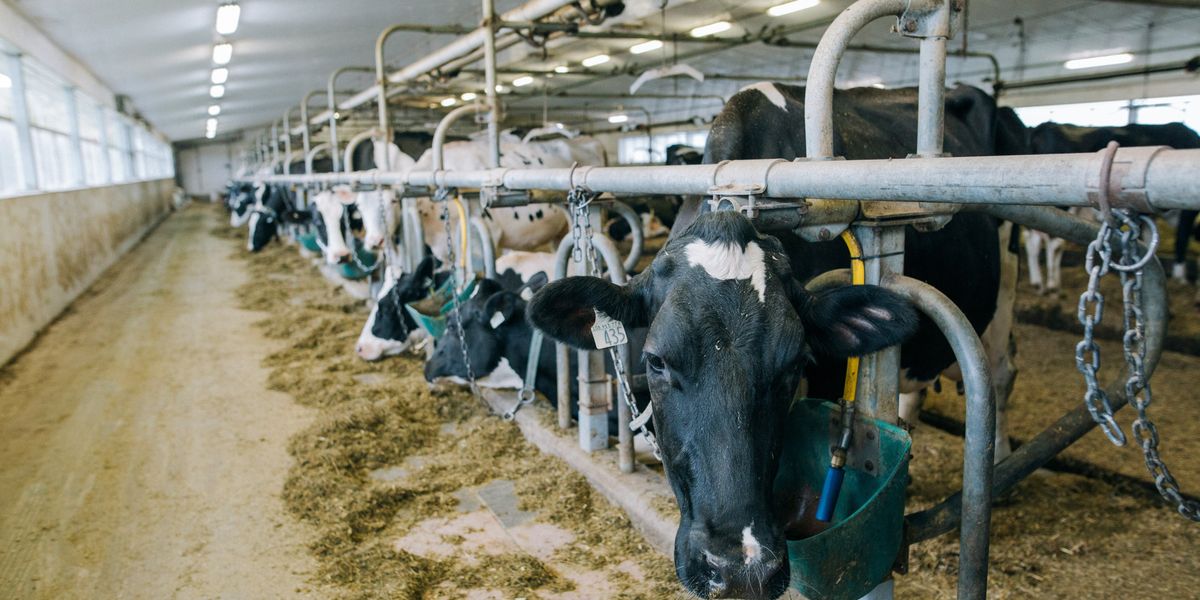
A shift away from pollution enforcement under Trump administration
The U.S. Environmental Protection Agency will scale back enforcement of pollution violations, limit protections for low-income communities, and shift its mission toward lowering energy costs, according to a new agency memo.
Hiroko Tabuchi reports for The New York Times.
In short:
- A March 12 memo states the EPA will no longer shut down energy operations unless there’s an “imminent threat,” and cannot consider if affected communities are poor or majority-minority.
- Several high-profile investigations launched under President Biden, including cases involving oil refineries and PFAS emissions, now face delays or abandonment.
- The agency will cut enforcement staff, reduce on-site inspections, and pull back from regulating coal ash and methane emissions.
Key quote:
“The memorandum is essentially a wink, wink to coal and oil interests that they can pollute with what may be close to impunity.”
— Ann E. Carlson, professor of environmental law at UCLA School of Law
Why this matters:
The recent weakening of environmental enforcement marks a significant shift in federal priorities, with potentially profound consequences for public health — particularly in low-income and historically marginalized communities. These are often the very neighborhoods situated near highways, chemical plants, and refineries where pollution is already a daily concern. Without consistent monitoring and legal oversight, emissions from industrial facilities can go unchecked, increasing the risk of chronic illnesses like asthma, cardiovascular disease, and even certain cancers. In some areas, birth defects have been linked to long-term exposure to toxic air and water pollutants.
This change is part of a larger rollback of environmental regulations that began in the previous Trump administration and has quickly resumed following his return to office. The EPA, once primarily focused on safeguarding human health and the environment, is being reoriented to weigh economic and energy interests more heavily. Critics argue this risks turning the agency’s mission on its head — placing industry profits ahead of community wellbeing, and inviting a future in which pollution becomes harder to track, harder to prevent, and easier to ignore.
Read more: EPA rollbacks could endanger public health, experts warn













